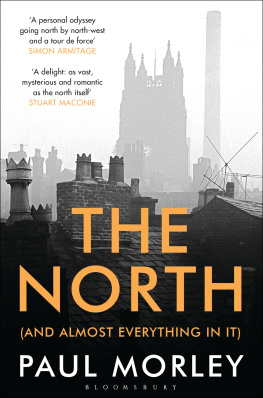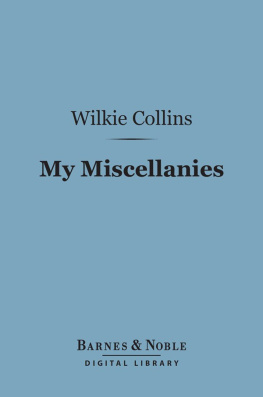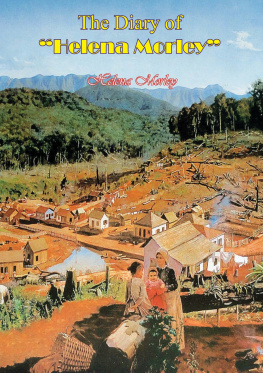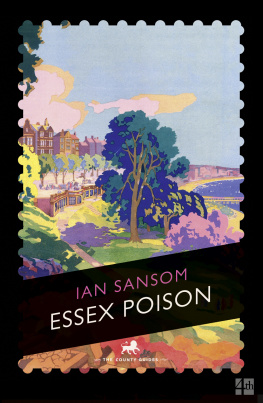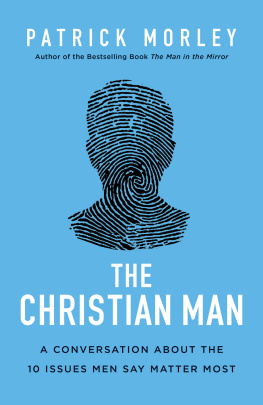John Morley - Critical Miscellanies (Vol. 3 of 3) Essay 9: The Expansion of England
Here you can read online John Morley - Critical Miscellanies (Vol. 3 of 3) Essay 9: The Expansion of England full text of the book (entire story) in english for free. Download pdf and epub, get meaning, cover and reviews about this ebook. year: 2009, publisher: Project Gutenberg, genre: Politics. Description of the work, (preface) as well as reviews are available. Best literature library LitArk.com created for fans of good reading and offers a wide selection of genres:
Romance novel
Science fiction
Adventure
Detective
Science
History
Home and family
Prose
Art
Politics
Computer
Non-fiction
Religion
Business
Children
Humor
Choose a favorite category and find really read worthwhile books. Enjoy immersion in the world of imagination, feel the emotions of the characters or learn something new for yourself, make an fascinating discovery.

- Book:Critical Miscellanies (Vol. 3 of 3) Essay 9: The Expansion of England
- Author:
- Publisher:Project Gutenberg
- Genre:
- Year:2009
- Rating:5 / 5
- Favourites:Add to favourites
- Your mark:
- 100
- 1
- 2
- 3
- 4
- 5
Critical Miscellanies (Vol. 3 of 3) Essay 9: The Expansion of England: summary, description and annotation
We offer to read an annotation, description, summary or preface (depends on what the author of the book "Critical Miscellanies (Vol. 3 of 3) Essay 9: The Expansion of England" wrote himself). If you haven't found the necessary information about the book — write in the comments, we will try to find it.
John Morley: author's other books
Who wrote Critical Miscellanies (Vol. 3 of 3) Essay 9: The Expansion of England? Find out the surname, the name of the author of the book and a list of all author's works by series.
Critical Miscellanies (Vol. 3 of 3) Essay 9: The Expansion of England — read online for free the complete book (whole text) full work
Below is the text of the book, divided by pages. System saving the place of the last page read, allows you to conveniently read the book "Critical Miscellanies (Vol. 3 of 3) Essay 9: The Expansion of England" online for free, without having to search again every time where you left off. Put a bookmark, and you can go to the page where you finished reading at any time.
Font size:
Interval:
Bookmark:

| TRANSCRIBER'S NOTES Every effort has been made to replicate this text as faithfully as possible, including obsolete and variant spellings and other inconsistencies. Text that has been changed to correct an obvious error is noted at the end of this ebook. |
MISCELLANIES
MACMILLAN AND CO., Limited
NEW YORK: THE MACMILLAN COMPANY
1904
| Politics and History |
| In relation to the eighteenth century |
| Mr. Green and his History of the English People |
| The secession of the American colonies |
| The mechanical and industrial development of England |
| The Americans and Independence |
| The moral of Mr. Seeley's book |
| Organisation in time of war |
| Sir Henry Parkes on Australia |
| Mr. Archibald Forbes and the Australian colonies |
| Proposals made by the Earl of Dunraven regarding the colonies |
| The formation of an imperial Zollverein or Greater Customs Union |
| Sir Thomas Farrer's Fair Trade v. Free Trade |
| The colonies to be represented in the British Parliament |
| Lord Grey |
| Mr. W. E. Forster's address on our Colonial Empire |
| The Newfoundland Fishery dispute |
| The Germanic Confederation |
| Conclusion |
Font size:
Interval:
Bookmark:
Similar books «Critical Miscellanies (Vol. 3 of 3) Essay 9: The Expansion of England»
Look at similar books to Critical Miscellanies (Vol. 3 of 3) Essay 9: The Expansion of England. We have selected literature similar in name and meaning in the hope of providing readers with more options to find new, interesting, not yet read works.
Discussion, reviews of the book Critical Miscellanies (Vol. 3 of 3) Essay 9: The Expansion of England and just readers' own opinions. Leave your comments, write what you think about the work, its meaning or the main characters. Specify what exactly you liked and what you didn't like, and why you think so.

